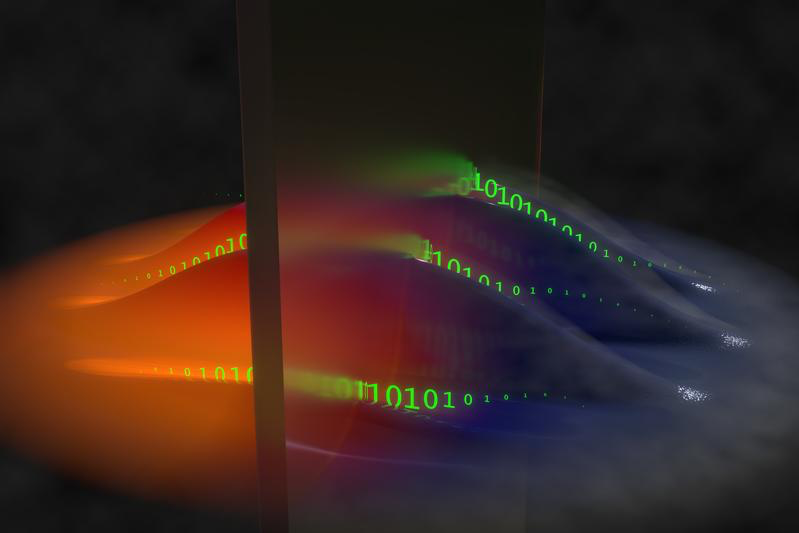Work on a quantum many-body Landauer principle in Nature Physics
New work on a quantum many-body version of Landauer's principle in quantum statistical mechanics and thermodynamics has been published in Nature Physics. Landauer’s principle bridges information theory and thermodynamics by linking the entropy change of a system during a process to the average energy dissipated to its environment. Although typically discussed in the context of erasing a single bit of information, Landauer’s principle can be generalized to characterize irreversibility in out-of-equilibrium processes, such as those involving complex quantum many-body systems. Specifically, the relation between the entropy change of a system and the energy dissipated to its environment can be decomposed into changes in quantum mutual information and a difference in the relative entropies of the environment. Here, we experimentally probe Landauer’s principle in the quantum many-body regime using a quantum field simulator of ultracold Bose gases. Employing a dynamical tomographic reconstruction scheme, we track the temporal evolution of the quantum field following a global mass quench from a massive to a massless Klein–Gordon model and analyse the thermodynamic and information-theoretic contributions to a generalized entropy production for various system–environment partitions of the composite system. Our results verify the quantum field theoretical calculations, interpreted using a semi-classical quasiparticle picture. Our work demonstrates the ability of ultracold atom-based quantum field simulators to experimentally investigate quantum thermodynamics.
This work has been covered in PhysOrg here and here, in SciTechDaily, at the press office Vienna, and elsewhere.
News from Jun 05, 2025
